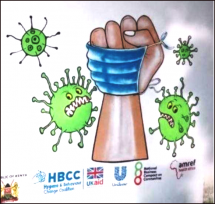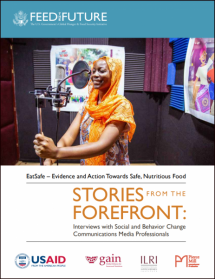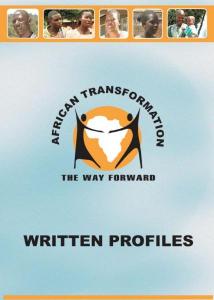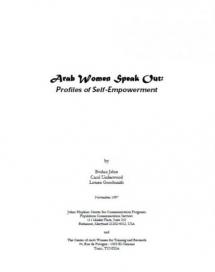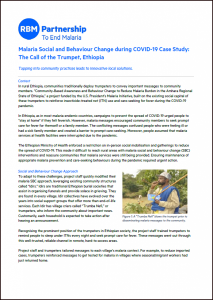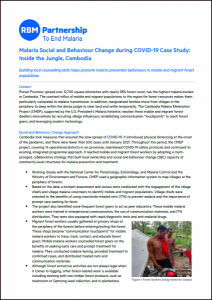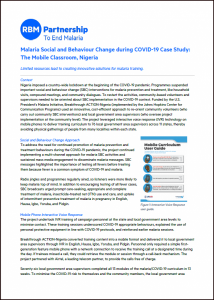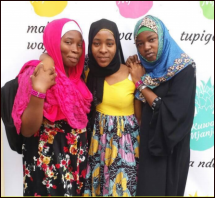Hygiene Behaviour Change Coalition Case Study
This case study, presented as an interview with the project coordinator, describes the development, implementation and impact of using murals as tools for social and behavior change.
The program intervention embraced the use of art as a powerful tool in touching and reaching everyone to promote and trigger key COVID-19 prevention behaviors.
All artistic creation and production processes were led by and in collaboration with the target communities. Sixty-five murals were painted by local artists in an interactive and partially improvisatory way with the goal of being relatable, locally-relevant, and easy for a large and diverse audience to engage with.
Each mural visually depicts one of the main COVID-19 preventive behaviors (i.e. handwashing with soap, face mask wearing and physical distancing) or other relevant hygiene behaviors, in alignment with the broader ‘PASSWORD’ campaign in Kenya.
Source: AMREF
Date of Publication: August 18, 2021
SIMILIAR RESOURCES
Tools
Examples
- Community Communication MNCH e-Manual: Participatory Health Promotion Sessions
- Creating Mobile Health Solutions for Behaviour Change: A Study of Eight Services in the mNutrition Initiative Portfolio
- Nigeria Centre for Disease Control COVID-19 Resource Center
- Coronavirus disease (COVID-19): Masks
- The ECHO Study Report
- Coronavirus Disease Training Overview
- Malaria Social and Behaviour Change during COVID-19 Case Study: Click, Share, Engage
- How COVID-19 Spreads
- Physical Distancing, Face Masks, and Eye Protection for Prevention of COVID-19
- COVID-19 Pandemic Putting Girls at High Risk of FGM in Kenya

